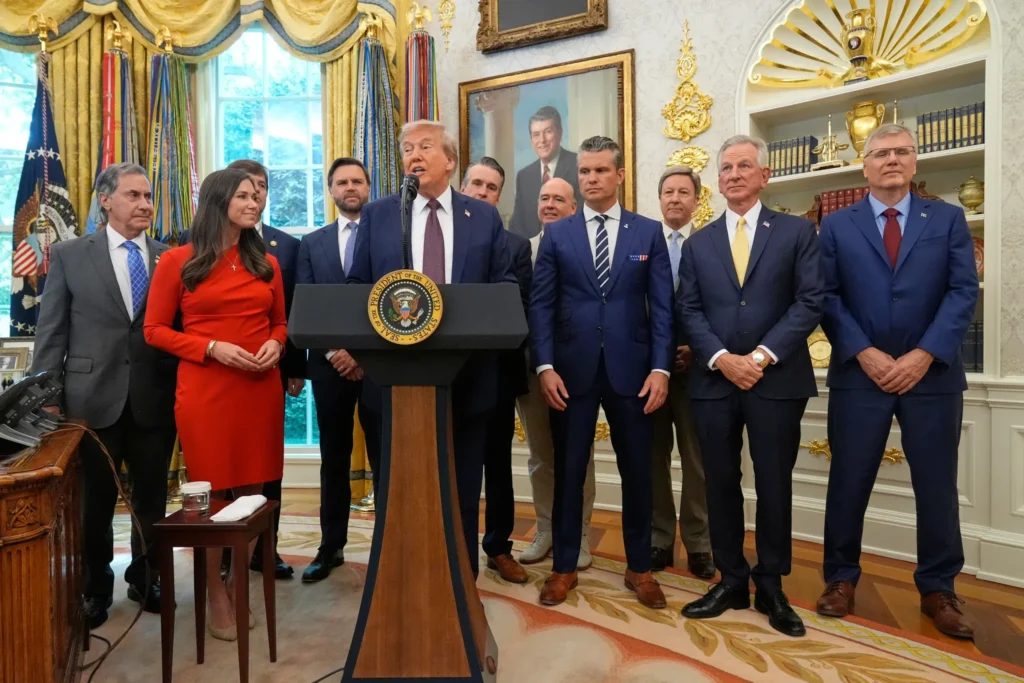EDITORIAL: Judicial reform at a snail’s pace

There’s good news and bad news about protracted efforts to bring transparency and accountability to Colorado’s secretive and hidebound judiciary.
The good news is that after years of investigative reporting by The Gazette and other media into allegations of top-level improprieties by those appointed to judge over us, Colorado voters overwhelmingly approved a ballot measure creating a new Independent Judicial Discipline Adjudicative Board. The ballot proposal also set rules for the new judicial discipline process.
The bad news: That was over a year ago.
As Gazette readers were reminded in a recent news report updating the public on progress toward Amendment H’s implementation, the reform effort at best has inched along. It wasn’t until last month, in fact, that the Judicial Discipline Rule-Making Committee held its first public hearing on proposed new rules by which the new adjudicative board will do its work.
It gets worse. One of those who testified at last month’s hearing left little hope for the pending rules themselves. Former commission executive director Christopher Gregory — a past member, chair and executive director of the Colorado Commission on Judicial Discipline — was sharply critical of the rule-making process.
“This committee only proposes rules that protect subject judges, reduces transparency, and encourages public fraud and further judicial misconduct,” said Gregory, who also has denounced the state judiciary’s lack of transparency and accountability in his commentaries published in The Gazette.
“None of the proposed rule changes address the constitutionally mandated topics,” he said. “Why not?”
Meanwhile, as The Gazette also reported, no action has been taken so far on The Gazette news team’s latest revelations — that several retired judges working as private judges appointed by the Supreme Court’s chief justice apparently violated rules prohibiting campaign contributions. A Judicial Department spokeswoman told The Gazette there have been discussions about the private judges, but there’s uncertainty over whether Amendment H requires any rule changes about them to be devised by the judiciary or the commission.
It all amounts to kicking the can down the road. Has the state’s judicial system returned to business as usual so soon after last year’s 3-to-1 ballot-box mandate for reform?
The Gazette editorial board endorsed Amendment H, noting it has the potential to put teeth into the procedure for investigating, disciplining and disclosing judicial misconduct. We called it a solid first step toward a higher ethical standard for judges.
However, it actually has to be implemented if it is to have any effect.
The need for reform is urgent and wide-ranging. Let’s not forget how our state’s judiciary got to this point. The unprecedented public censure in 2023 of former Colorado Supreme Court Chief Justice Nathan Coats by a special tribunal culminated spiraling allegations against the judiciary.
As head of the judicial branch, Coats had authorized a multimillion-dollar contract with Mindy Masias, a high-ranking employee at the time, despite evidence suggesting she had falsified documentation. She previously had faced dismissal but threatened a tell-all sex-discrimination lawsuit. The suit promised to reveal years of alleged judicial misconduct that went unpunished or was covered up. Investigators weren’t able to establish a quid pro quo in which Masias was given the consulting contract as hush money to dissuade her from filing suit. But a June 2022 independent inquiry had found Coats’ lack of training as an administrator, his reliance on an untrustworthy subordinate and his poor judgment were partly to blame for the Masias scandal.
A cloud continues to hover over Colorado’s judiciary. No time for foot dragging; let’s get on with the reforms demanded by voters.
















